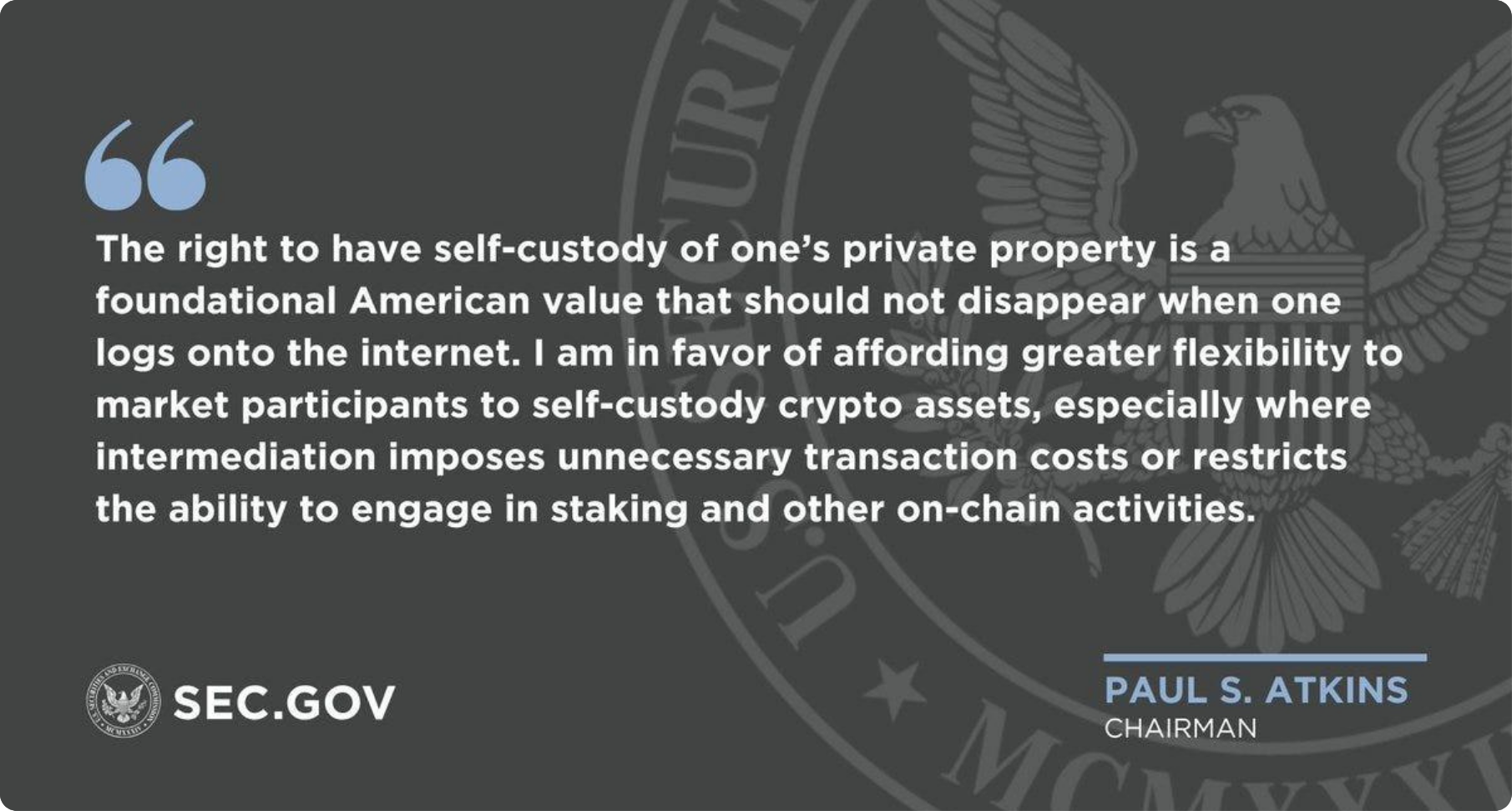Regulatory Compliance & Growth in the U.S.A & Abroad
DARA
Digital Asset Regulatory Authority
A Self Regulated Organization
Presented By:
DARA U.S & DARA International
Blockchain Legal Institute Foundation

Special Guest from Arizona
Dylan Jones
Assistant Attorney General
Civil Litigation Division/Consumer Protection and Advocacy Section
Digital Asset & Tech News From Around The USA
- Follow DARA on LinkedIn for News Posts
- Federal Updates
- State Updates
- Tech Tool Updates
- Special Guest Speaker: Arizona AG Office
- Next Steps

New Notes
JPMorgan launches USD deposit token
On Coinbase’s Base blockchain, marking a notable institutional leap into public blockchain use.
Coinbase seeks SEC approval
To provide tokenized stock trading, aiming to bridge traditional securities with crypto markets.
Tron eyes public listing
While facing scrutiny over links to Trump family business interests.
Sharplink stock plunges
As corporations tighten controls on crypto-related risks.
JPMorgan files stablecoin trademark,
Signaling deeper institutional entry into blockchain payments.
DePIN sector projected to hit $3.5T
By 2028, according to the World Economic Forum, signaling growing adoption of decentralized infrastructure.

Tech Tool - Dune
Dune Index
Dune’s onchain adoption index measures blockchain adoption over time. Normalizing transaction fees, transfer volumes, and number of transactions.
Federal Updates
Codifying A Crypto Executive Order: Rep. Tim Burchett (R-TN) introduced legislation to codify President Trump’s Executive Order 14233 to establish a strategic Bitcoin reserve and a digital asset stockpile.
Dark Web Interdiction Act: Senators Maggie Hassan (D-NH) and John Cornyn (R-TX) reintroduced legislation to combat drug trafficking on the dark web involving virtual currencies.
Staking & Mining Rewards: Reps. Zach Nunn (R-IA), Tom Emmer (R-MN), Bryan Steil (R-WI), and Byron Donalds (R-FL) sent a letter to the Treasury Secretary and IRS Commissioner, urging the IRS to update tax guidance to ensure digital asset rewards are taxable only when an individual or business sells or exchanges them.


Clarity Act
CLARITY Act Hearings: House Financial Services Committee (“HFSC”) and House Agriculture Committee (“House Ag”) held separate hearings to examine the CLARITY Act, a bill aimed at providing comprehensive rules for the crypto market. Bill proponents argued the CLARITY Act is a meaningful step forward in providing clarity, protecting investors, and fostering innovation. The Financial Services and Agriculture Committees approved the House version of digital assets market structure legislation, the Digital Asset Market Clarity (CLARITY) Act (Agriculture by a vote of 47-6 and Financial Services by a vote of 32-19).
The next step will be for the Rules Committee to hold a hearing to determine how the bill will be debated and amended on the House floor.
GENIUS Act
The Senate passed by a final vote of 68-30 the Guiding and Establishing National Innovation for U.S. Stablecoins (GENIUS) Act, bipartisan legislation to bring regulatory oversight and standards to the $250 billion stablecoin market.
- On June 25, the House Select Committee on China held a hearing on Algorithms and Authoritarians: Why U.S. AI Must Lead.
- On June 25, the House Ways and Means Health Subcommittee held a hearing on Health at Your Fingertips: Harnessing the Power of Digital Health Data.
The House Committee on Science, Space and Technology approved The Post Quantum Cybersecurity Standards Act and the Small Business Artificial Intelligence Advancement Act.
Select Committee on China Chair John Moolenaar (R-MI) and Ranking Member Raja Krishnamoorthi (D-IL), House Intelligence National Security Agency and Cyber Subcommittee Chair Darin LaHood (R-IL) and Ranking Member Josh Gottheimer (D-NJ) introduced the Advanced AI Security Readiness Act to directs the National Security Agency (NSA) to develop an AI security playbook to defend American advanced technology against our foreign adversaries.
- On June 24, the Senate Banking, Housing and Urban Affairs Digital Assets Subcommittee will hold a hearing on Exploring Bipartisan Legislative Frameworks for Digital Asset Market Structure.
- On June 24, the House Oversight and Government Reform Cybersecurity, Information Technology, and Government Innovation Subcommittee will hold a hearing on Preparing for the Quantum Age: When Cryptography Breaks.
- On June 26, the House Financial Services Oversight and Investigations Subcommittee will hold a hearing on From Watchdog to Attack Dog: Examining the CFPB’s (Consumer Financial Protection Bureau) Chopra-era Assault on Disfavored Industries.


Agency Updates: SEC
On June 9, 2025, the Securities and Exchange Commission (SEC) Crypto Task Force hosted its final roundtable event titled “DeFi and the American Spirit.” The roundtable brought together voices from across the digital assets industry to discuss the future of digital assets regulation and how DeFi technology aligns with American values.
TheSEC announced the withdrawal of 14 proposed rulemakings issued between 2020 and 2023, including Conflicts of Interest Associated with the Use of Predictive Data Analytics by Broker-Dealers and Investment Advisers: Targeted broker-dealer/adviser use of AI and behavioral nudging.

Federal Artificial Intelligence
- Sen. Cynthia Lummis (R-WY) introduced the Responsible Innovation and Safe Expertise (RISE) Act to clarifying that professionals using AI systems in their practice retain the legal duty to exercise due diligence, verify the system’s outputs, and stand behind the advice they deliver.
- Sen. Jon Husted (R-OH) and Rep. Brittany Pettersen (D-CO) introduced the Preventing Deep Fake Scams Act to address deep fake scams by establishing a task force on AI in the financial services sector.
- Sens. Eric Schmitt (R-MO), Maggie Hassan (D-NH), and Tim Sheehy (R-MT) introduced the Medicare Transaction Fraud Prevention Act to use artificial intelligence to identify waste, fraud, and abuse in the Medicare system. (Press release)
- White House AI & Crypto Czar David Sacks pushed back on Republican opposition to a federally-imposed moratorium on state enforcement of AI regulation, prompting a robust response from Rep. Marjorie Taylor Greene (R-GA).
- The Senate Parliamentarian determined the ten-year moratorium on state enforcement of AI regulation satisfies the Byrd Rule requirements for inclusion in the reconciliation bill, so the provision will remain unless opponents are able to strip it from the bill.


State AI Update
28 bills have been sent to governors in the following states and are awaiting executive action: CT (2), FL, IL (4), NY (4), OR (2), TX (15).
On June 12, Maine Governor Janet Mills (D) signed LD 1727 (Chapter 294) requiring disclosure of the use of AI chatbots or any other computer technology to provide transparency when engaged in trade or commerce. Violations are considered a violation of the Maine Unfair Trade Practices Act. The act is effective 90 days after adjournment.
On June 5, Nevada Governor Joe Lombardo (R) signed AB 406 to prohibit a public school from using AI to perform the functions and duties of a school counselor, school psychologist or school social worker which relate to the mental health of pupils. The legislation requires the Department of Education to develop a policy for the use of AI by such school employees while providing therapy, counseling or other mental or behavioral health services to pupils. The act is effective upon passage and approval for the purpose of adopting any regulations and performing other preparatory administrative tasks and on July 1 for all other purposes. On June 6, Lombardo signed SB 263 expanding the prohibition.
On June 12, Mississippi Governor Tate Reeves (R) announced the launch of the Mississippi AI Talent Accelerator Program (MAI-TAP). MAI-TAP is a new initiative that fosters the development of artificial intelligence, machine learning, and related technical capacities across the state’s institutions of higher learning to support the expansion of Amazon Web Services in Mississippi. Additionally, the initiative creates training infrastructure that benefits the broader technology and information infrastructure sectors. The initiative is a partnership between AccelerateMS, the Mississippi Development Authority (MDA), and Amazon Web Services (AWS). Governor Reeves also announced $9.1 million in grants through MAI-TAP to institutions of higher learning.
The grants are a strategic investment in Mississippi’s future workforce and economic competitiveness. On June 18, Reeves announced the state had signed a memorandum of understanding (MOU) with NVIDIA to expand AI education, promote research collaboration, enhance workforce development and drive economic development through AI integration. Similar collaborations with NVIDIA and states are reported to include Utah, California and Oregon. The Iowa House of Representatives and Governor’s Office used Legible, an Iowa-based AI native program, to evaluate and track bills this session. California and Utah are reported to be using AI and other states are also considering incorporating the technology into their legislative process.

Sandboxes - Arizona
Welcome To Arizona’s Regulatory Sandbox28 bills have been sent to governors in the following states and are awaiting executive action: CT (2), FL, IL (4), NY (4), OR (2), TX (15).
WE ARE NOW ACCEPTING APPLICATIONS
Under Arizona Revised Statutes (“A.R.S.”) §§ 41-5601 to 41-5612, a Regulatory Sandbox (“Sandbox”) for innovative products and services is now available in Arizona. The Sandbox enables a participant to obtain limited access to Arizona’s market to test innovative financial products or services or other innovations without first obtaining full state licensure or other authorization that otherwise may be required.
The Arizona Attorney General’s Office is responsible for the admission process into and oversight of the Sandbox.
Submit feedback or questions to sandbox@azag.gov.
- Application Participant
- Resources Frequently
- Asked Questions Sandbox
- Participants Sandbox
- Alumni Regulatory Sandbox
- Statute
Additional Resources
Visit BLI.TOOLS.
www.marylandblockchainassociation.org
Visit MARYLANDBLOCKCHAINASSOCIATION.ORG.